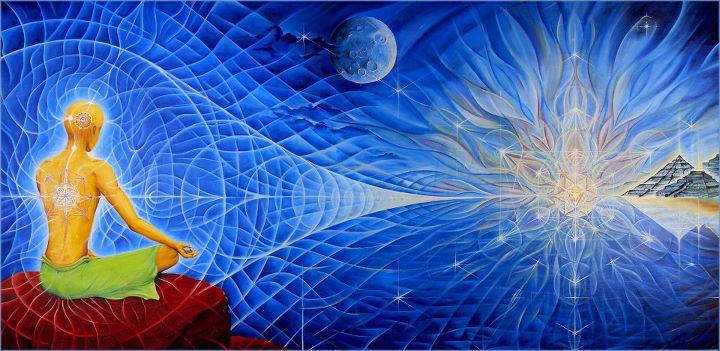I recommend to combine these documentaries with Graham Hill’s TED talk on how less stuff can create more happiness and Andy Couturier’s marvelous book titled The Abundance of Less to learn how one can actually live a life of less stuff, but more satisfaction by following 11 Japanese individuals who have managed to escape the trap of an industrial consumer society. It takes courage, I can tell you, much more courage than most of us have; at least as long the elites don’t change the way our societies are organized. Peer pressure is a huge boon to materialism.
What sticks with me from this evening is though a single question: Why are we so obsessed with consuming both in the physical and virtual world? It almost seems to be common sense that material wellbeing can’t increase spiritual and mental wellbeing once a certain level of affluence has been reached. Nevertheless, we seem to be addicted to continue our spending spree to fill the void within. Minimalism blames quite outspoken the advertising industry and industry in general by polluting peoples’ minds. I believe that the things are bit more complicated.
Two scenes in the film did point at the answer. One shows US president Jimmy Carter, in office from 1977 to 1981, speaking to the nation on a TV broadcast about the deep sitting sickness in American society. Americans don’t define themselves anymore by what they do, but by what they own and have traded closely stitched communities for individualism. Martin E. Seligman, by some called the modern father of positive psychology, wrote almost in reply to Carter’s statement in his 1990 publication Learned Optimism that most of the developed world experiences an unprecedented epidemic of depression – particularly among young people. Why is that in a nation that has more money, more power, more records, more books, and more education, that depression should be so much more prevalent than it was when the nation was less prosperous and less powerful? He elaborates that three forces have converged: An inflated “I” failing in its own eyes relative to its goals; an erosion of the “WE”, i.e. faith in God, community, nation, and the large extended family give way to the I; and the self-esteem movement.
The other scene shows a psychologist who describes the mental disease of compulsive hoarding which is different from compulsive consuming, and explains that psychological attachment can be transferred from people to objects. She doesn’t say it, but one could break this insight down into a very simple formula: insufficient love results in excessive hoarding. As such the level of consumption indicates the sanity respectively insanity of a society at large and an individual per se. What does that mean for the two largest economies on this planet? No particular good diagnosis to be expected.
The consumer wants to be distracted from listening to himself and such a pathological but widely as normal accepted behavior reminds me strongly of Vietnam veteran and Zen teacher Claude Anshin Thomas. He describes in The Mindfulness Revolution how he eventually coped with his trauma by practicing meditation. What struck me though was the similarity between what a soldier in war zone experiences and the exposure of ordinary civilians in the digital era. Our societies, and there is no other way to put it, are in a war-like condition and our minds have to endure the constant gunfire of mails and tweets, the pellets of digital advertisement, the blasts of TV, the discharge of urban noise, etc. We are at war.
It was therefore quite refreshing that a young Indian student who attended the screening explained in the Q&A session that meditation is being practiced in three steps. First one concentrates on the breath, then on the heart beat, and in the last step at a feeling which comes from deep inside. However, we practice meditation, it is the key to finding peace. The more individuals follow that path, the less there will be war in our societies. Stop worrying about Trump or Erdogan, start with yourself.
